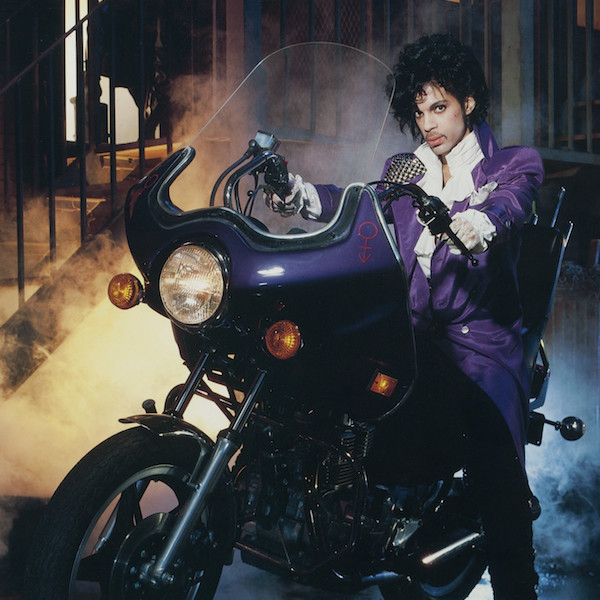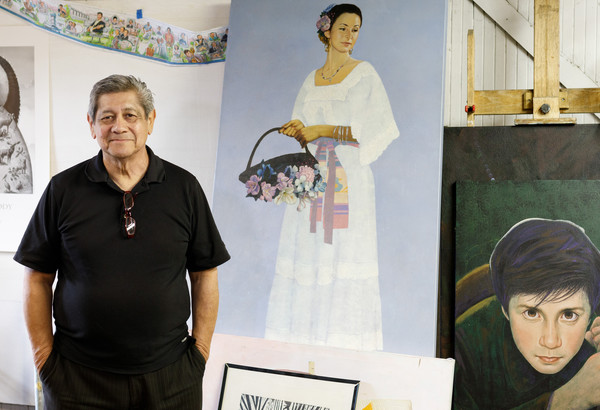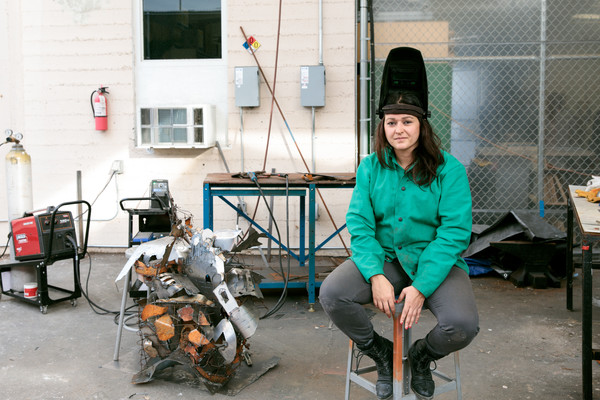feature / alumni / photography-and-imaging
March 01, 2017
Writer: Jessica Donath
Photographer: Juan Posada
For Alum Penny Wolin, research, reporting and reflection are both journey and destination
When it comes to her work, Photography alumna and visual anthropologist Penny Wolin (BFA 76) doesn’t particularly like the question “what’s next?” “When someone asks ‘what’s next?’ I always think ‘but wait, we are still talking about this!”
This, her latest book Descendants of Light: American Photographers of Jewish Ancestry, sent the photographer on a cross-country journey to find out why so many practitioners in the field are Jewish.
Well into Wolin’s career as a successful portrait, commercial and documentary photographer, an essay by former Yale professor Alan Trachtenberg caught her attention. In “The Claim of a Jewish Eye” Trachtenberg posits “it would help if we had memories and oral histories, records of how the photographers themselves believed or disbelieved that their identity as Jews mattered in their photographic work.”
This idea resonated with Wolin, who herself is Jewish, and inspired her to begin working with the photographers featured in Descendants of Light. “I knew that with my background in field work and asking questions that I was the one meant to do it.”
She thought the project would take one or two years to complete—a time frame the author now describes as “ridiculous.” Instead it took over eight years.
“I do well with long-term projects,” she said. At ArtCenter the photography student from Cheyenne, Wyoming, turned many assignments into term projects so she could dive deeper into a topic. “I learned a sense of discipline and procedures that helped me throughout my entire career.”
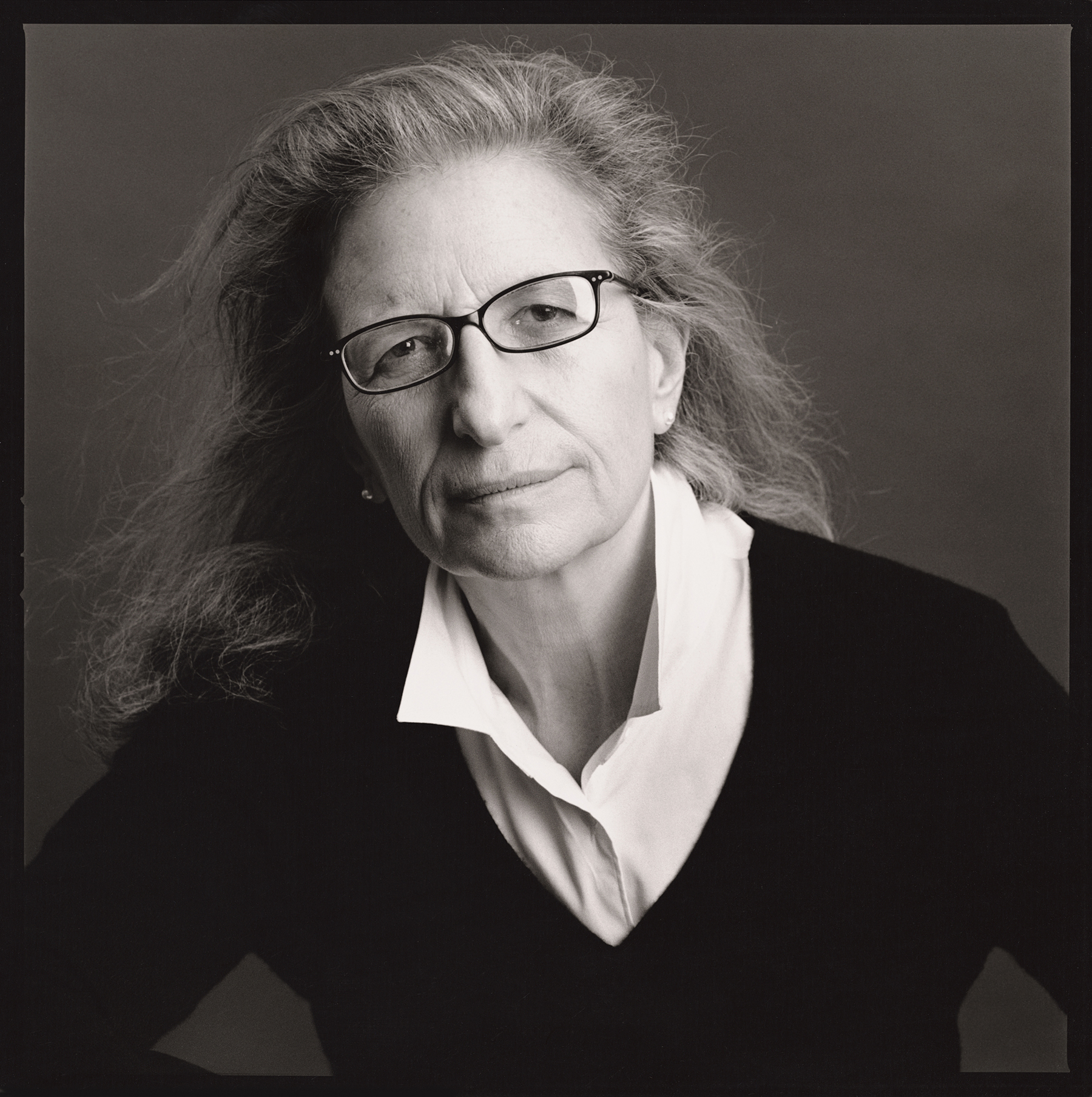
But getting the more than 70 photographers to talk was challenging. Many objected to being identified as Jewish photographers—just like some female artists don’t like to be categorized as women artists.
“As long as I was careful not to define them as Jewish photographers, use the words Jewish eye or Jewish influence or mention Jewish religion, my request for participation went more smoothly,” Wolin writes in the introduction.
The 244-page volume is divided into three sections: the first combines excerpts of Wolin’s interviews with the photographers, her original portraits of them, and also features important ancestral photographs; the second section, “Questions About Answers,” further explores the photographers’ answers from the first section; and the third introduces the reader to examples of the photographers’ work. These iconic images range from Alfred Stieglitz’s “The Steerage,” to portraits of celebrities such as Herb Ritts’ Elizabeth Taylor and Alfred Wertheimer’s Elvis Presley, as well as sports photography.
California-based photographer Anthony Friedkin, who attended ArtCenter in the late '60s and early '70s, wondered “but what about all these other great photographers that are not Jewish?” when Wolin first approached him to participate.
He overcame his initial skepticism and is now delighted to be part of the project.
“This is another way of looking at the art of photography because the photographers are very different in how they use the medium—the common denominator being that they are Jewish,” he said.
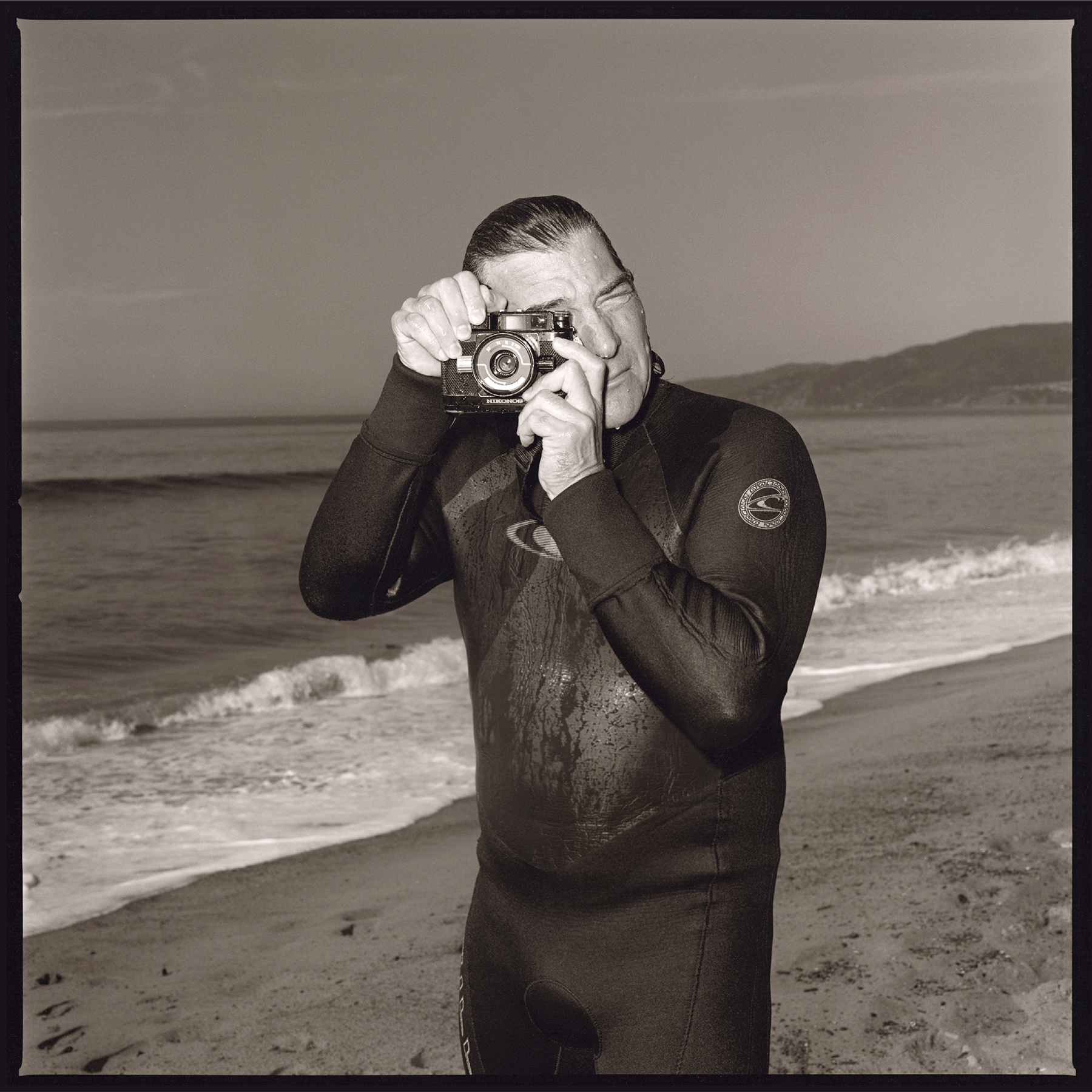
After graduating from ArtCenter, Wolin studied cultural anthropology at UCLA. There she learned methods of interviewing and creating visual materials. The author of the Smithsonian and NEH-funded book and exhibition The Jews of Wyoming: Fringe of the Diaspora includes herself in her projects as both a participant and an observer in her documentary work.
She discusses her great-grandfather’s arrival in Colorado from Russia in her own glossy black and white spread. “Objects finely crafted, fabrics with the proper ‘hand’ and ideas and education that led to greater freedom – these were key pillars of our upbringing."
Wolin acknowledges that she couldn't get to everyone she would have liked to include. “It’s not definitive, it’s not every single photographer of Jewish ancestry that was ever on the planet or that is still alive,” she said. “There is a bit of serendipity about who I met along the way and who I thought had an important voice.”
But she doesn't perceive her book to be exclusive. “This isn’t a Jewish book. I didn’t write the Bible. It’s about people, it’s about a culture, it’s about migration, it’s about refugees,” she said. “I want people to see this and say ‘Oh, this is part of my universal experience.’”
Jessica Donath is a freelance journalist and writer. She covers arts and entertainment, LGBT issues, and pop culture in English as well as German. She lives in Pasadena, California.



